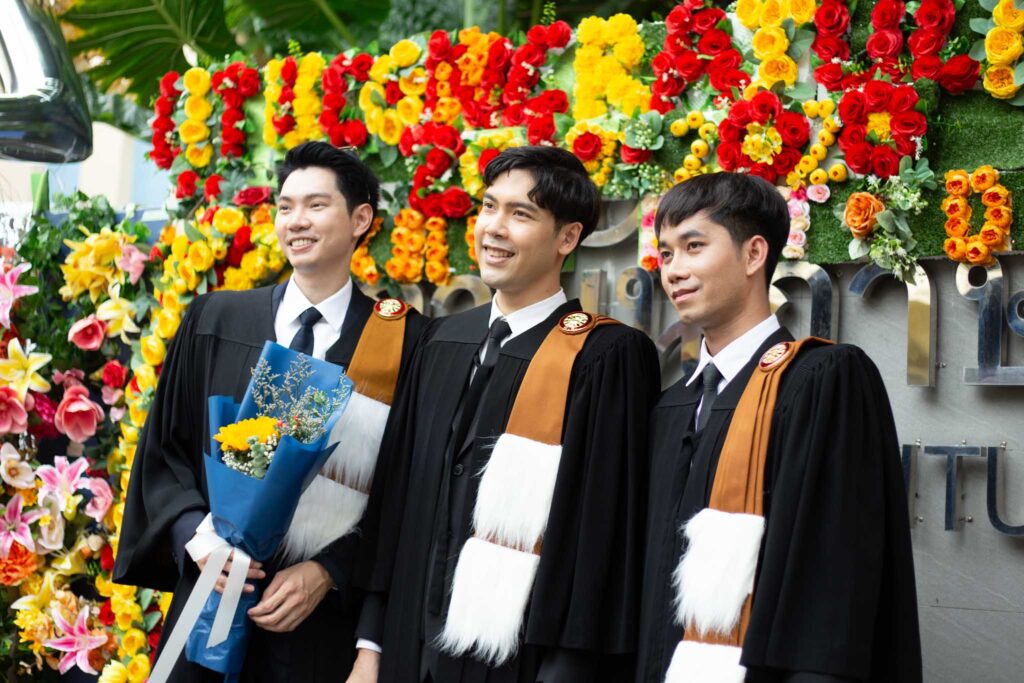Principles, concepts and approaches of quantitative research methodology in English language teaching and the related statistical procedures for quantitative analysis.
An introduction to philosophical, conceptual and methodological features of qualitative research methods in the field of English language teaching and learning. Techniques in planning, conducting, and evaluating qualitative research.
Writing well-structured and coherent texts for academic and ELT research purposes, such as reports, proposals, and other formal documents. Techniques for planning, organizing, and editing writing. Research Writing techniques, including citation styles, paraphrasing, summarizing, and avoiding plagiarism to communicate effectively in academic contexts.
An introduction to English language teaching methodology including current theories, approaches, principles in English language teaching and related research. Transforming knowledge into reflective teaching practice. Creating lesson plan including classroom management and incorporating technology into the lesson.
Principles of English language testing and assessment. Construction of language tests for various skills and purposes. Critique and analysis of tests. Interpretation of test results. Alternative assessment and current trends in English language assessment.
In-depth exploration of updated Second Language Acquisition (SLA) theories to understand language learning. The analysis of individual differences and language learning problems to design effective teaching strategies. Application of SLA research using innovative technology to enhance language learning. Conduct of SLA research to address real-world language learning issues.
The knowledge of linguistic operations featuring semantics, pragmatics, phonetics, phonology, morphology, and syntax. Linguistic operations/processes; application of English language knowledge to benefit students. An integration of linguistic operations into EFL classes, e.g., lesson designs and assessments effectively. Conduct of linguistic research to tackle challenges in language operations.
The creation and refinement of lesson plans that effectively integrate language skills; an analysis of various instructional activities. Student performance evaluation. Synthesis of peer teaching experiences with classmates. Practical teaching sessions across diverse language classrooms with critical feedback from experienced educators.






